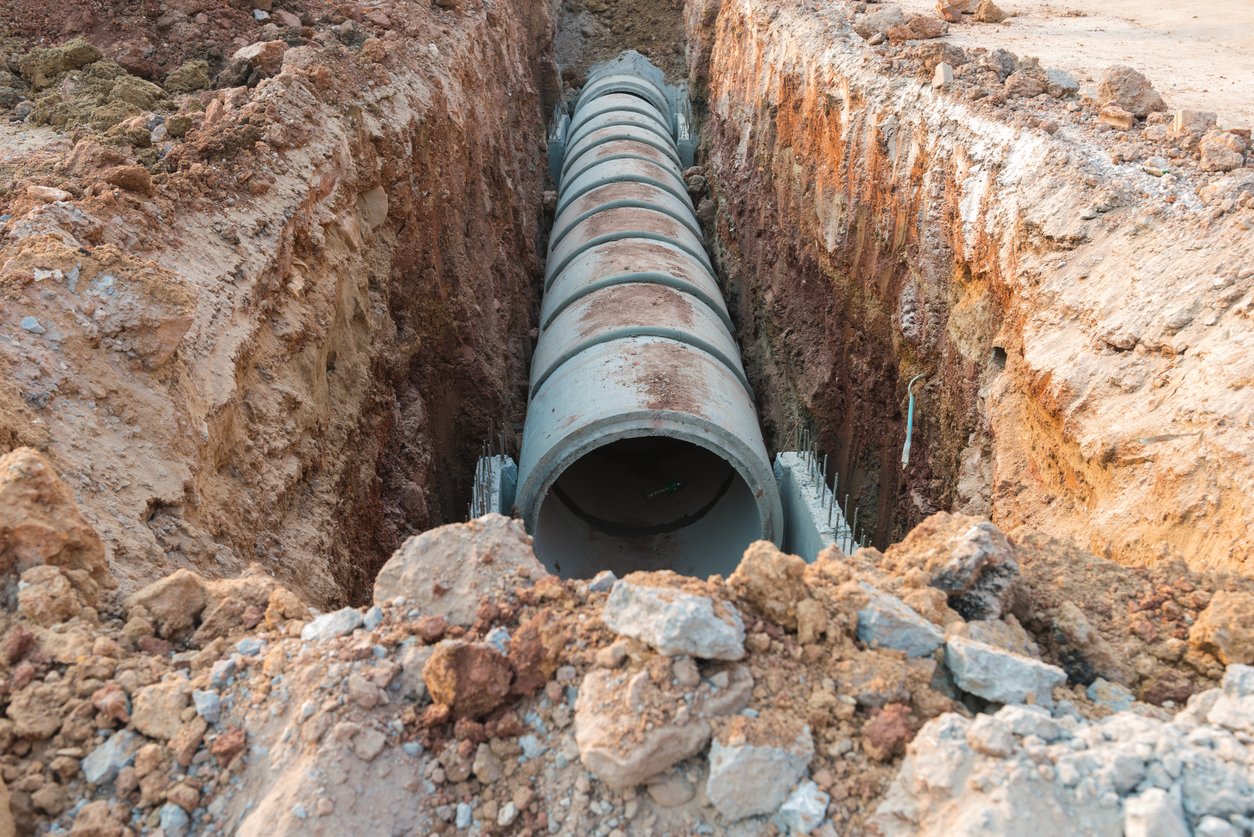Understanding Sewer Line Blockages: Causes, Prevention, and Solutions
Sewer line blockages, often referred to as sewer clogs or sewer backups, are a common yet troublesome issue for homeowners and businesses alike. These blockages can cause significant inconvenience, potential health hazards, and costly repairs if not addressed promptly. In this blog, we'll explore what sewer line blockages are, what causes them, how to prevent them, and effective methods for clearing them.
What Are Sewer Line Blockages?
A sewer line blockage occurs when the main sewer line that carries waste and wastewater from your home or business to the municipal sewer system becomes obstructed. These blockages can cause wastewater to back up into your property, leading to unpleasant odors, unsanitary conditions, and potential damage to your plumbing system.
Common Causes of Sewer Line Blockages
Tree Roots:
Tree roots naturally seek out moisture, and your sewer line can be an attractive source. Over time, roots can infiltrate small cracks in the pipes, causing significant blockages and damage.
Grease and Fat:
Pouring grease, fat, and oil down the drain can lead to the accumulation of these substances in your sewer line. As they cool and solidify, they can create stubborn blockages.
Foreign Objects:
Items such as paper towels, feminine hygiene products, and baby wipes can cause severe clogs if flushed down the toilet. These materials do not break down like toilet paper and can obstruct the sewer line.
Pipe Damage:
Old, corroded, or collapsed pipes can lead to blockages. Damage can occur due to shifting soil, heavy construction, or simply the aging of the pipes.
Sediment and Debris:
Over time, sediment and debris can build up in the sewer line, reducing the flow of wastewater and eventually causing blockages.
Preventing Sewer Line Blockages
Preventing sewer line blockages involves a combination of proper usage, regular maintenance, and being mindful of what goes down your drains. Here are some tips to help you avoid this issue:
Avoid Flushing Non-Flushable Items:
Only flush human waste and toilet paper. Dispose of paper towels, wipes, and feminine hygiene products in the trash.
Proper Grease Disposal:
Never pour grease or oil down the drain. Instead, collect it in a container and dispose of it in the trash once it solidifies.
Regular Inspections:
Schedule regular inspections of your sewer line to identify potential issues before they become major problems. Professional plumbers can use cameras to inspect the inside of your pipes.
Install Root Barriers:
If you have trees near your sewer line, consider installing root barriers to prevent roots from infiltrating the pipes.
Use Enzyme Cleaners:
Regularly use enzyme-based drain cleaners to break down organic materials and keep your pipes clear.
Clearing Sewer Line Blockages
If you experience a sewer line blockage, it's important to address it promptly to prevent further damage and unsanitary conditions. Here are some methods for clearing blockages:
Plunger:
For minor blockages, a plunger can sometimes dislodge the obstruction. Ensure a good seal and plunge vigorously to create enough pressure to clear the blockage.
Drain Snake or Auger:
A drain snake or auger can be used to reach deeper into the sewer line and break up the blockage. This method is effective for removing tree roots and debris.
Hydro jetting involves using high-pressure water to blast away blockages and clean the inside of the pipes. This method is highly effective but should be performed by a professional.
Chemical Cleaners:
Chemical drain cleaners can dissolve grease and other organic materials. However, they should be used sparingly as they can damage pipes and harm the environment.
Professional Plumbing Services:
For severe blockages, it's best to call a professional plumber. They have the expertise and equipment to identify the cause of the blockage and provide a lasting solution.
Final Thoughts on Sewer Line Blockages
Sewer line blockages can be a major headache, but with proper prevention and prompt action, you can minimize the risk and impact of these issues. By understanding the causes, taking preventive measures, and knowing how to address blockages, you can keep your plumbing system running smoothly and avoid costly repairs. Regular maintenance and mindful usage are key to preventing sewer line blockages and ensuring the longevity of your plumbing system.

